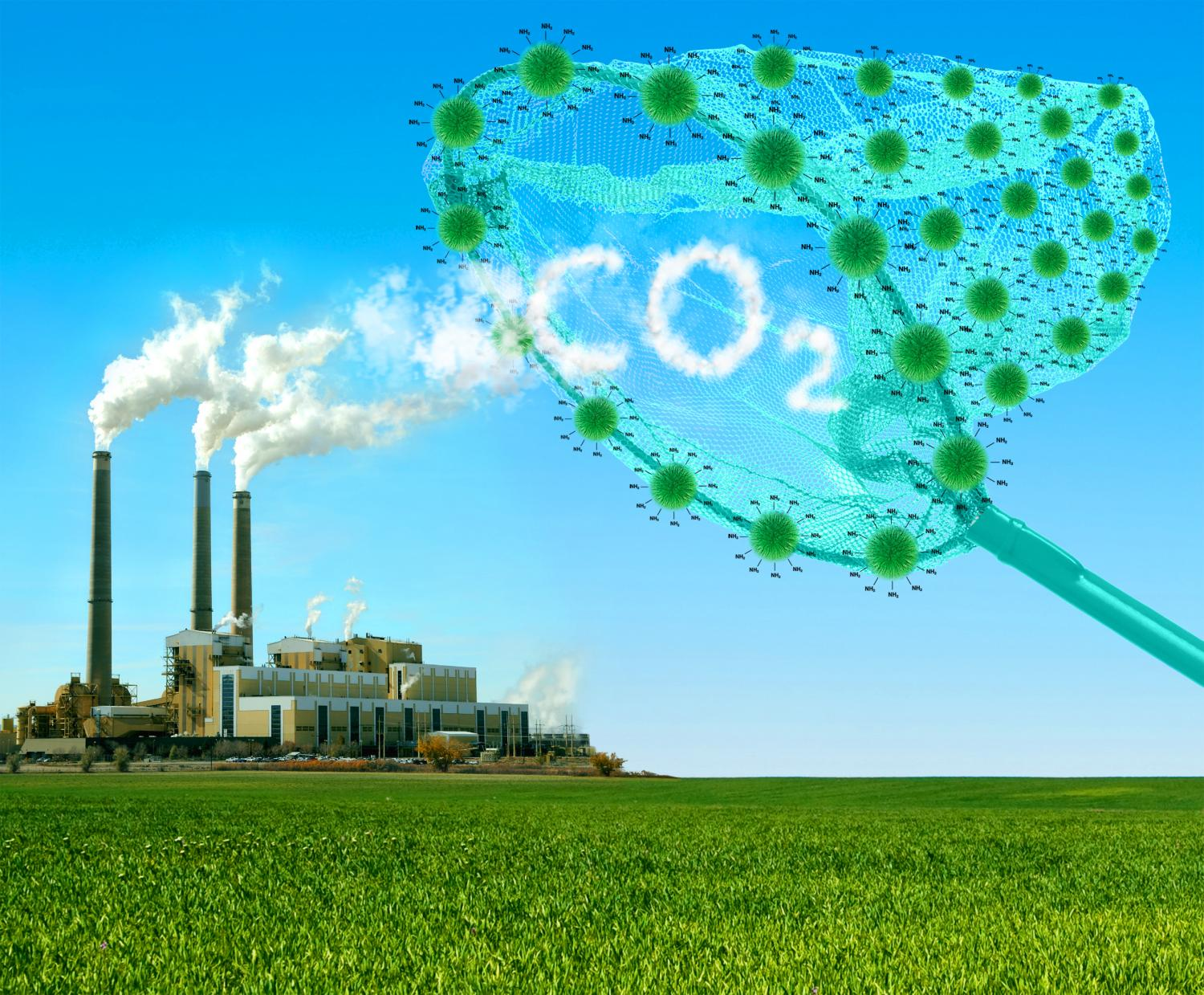
Making food out of thin air
A company from Finland, Solar Foods, is planning to bring to market a new protein powder, Solein, made out of CO₂, water and electricity. It's a high-protein, flour-like ingredient that contains 50% protein content, 5–10% fat, and 20–25% carbs. It reportedly looks and tastes like wheat flour, and could become an ingredient in a wide variety of food products after its initial launch in 2021.
The company makes Solein by extracting CO₂ from air using carbon-capture technology, and then combines it with water, nutrients and vitamins, using 100% renewable solar energy to promote a natural fermentation process similar to the one that produces yeast and lactic acid bacteria.
The company is already working with the European Space Agency to develop foods for off-planet production and consumption.
And let's not forget all those beef-free burgers based on pea and soy proteins currently gaining popularity. The environmental challenge of scaling up the supply of those plants to meet their high demand may provide an opening for the completely renewable Solein — the company could provide companies that produce animal-free "meats," such as Beyond Meat and Impossible Foods, a way to further reduce their environmental impact.
The impact of the beef and for that matter, poultry, pork, and fish industries on our planet is widely recognized as one of the main drivers behind climate change, pollution, habitat loss, and antibiotic-resistant illness. From the cutting down of rainforests for cattle-grazing land, to runoff from factory farming of livestock and plants, to the disruption of the marine food chain, to the overuse of antibiotics in food animals, it's been disastrous.
The advent of a promising source of protein derived from two of the most renewable things we have, CO₂ and sunlight, gets us out of the planet-destruction business at the same time as it offers the promise of a stable, long-term solution to one of the world's most fundamental nutritional needs.
The project began in 2018, and this year, they anticipate achieving three things: Launching Solein, beginning the approval process certifying its safety as a Novel Food in the EU, and publishing plans for a 1,000-metric ton/year factory capable of producing 500 million meals annually.
 English
English Arabic
Arabic


